|
Understanding the purpose of Minority Mental Health Awareness MonthThe pioneer of National Minority Mental Health Awareness Month is Bebe Moore Campbell. An author, Bebe was an unwavering advocate for the mentally ill and the founder of NAMI Urban Los Angeles. She lost her battle with brain cancer in 2006.
“Stigma is one of the main reasons why people with mental health problems don’t seek treatment or take their medication,” Campbell said in an NPR news article. “People of color, particularly African Americans, feel the stigma more keenly. In a race-conscious society, some don’t want to be perceived as having yet another deficit.” In 2008, the U.S. proclaimed July as Bebe Moore Campbell National Minority Mental Health Awareness Month. Today, over a decade later, many organizations, including Family & Children’s Services, are still dedicated to helping to reduce the stigma associated with mental illness and treatment, especially among cultures and communities where that stigma is more prevalent. Despite advances in health equity, disparities in mental health care persist. The Agency for Healthcare Research and Quality (AHRQ) reports that racial and ethnic minority groups in the U.S. are less likely to have access to mental health services, less likely to use community mental health services, more likely to use emergency departments, and more likely to receive lower quality care. Poor mental health care access and quality of care contribute to poor mental health outcomes, including suicide, among racial and ethnic minority populations. According to the Substance Abuse and Mental Health Services Administration (SAMHSA) and the CDC:
Throughout June, Men’s Health Month aims to encourage boys and men to take charge of their overall health by implementing healthy living decisions. This year, as the country has been impacted by the COVID-19 pandemic, it is crucial that men get regular checkups and be aware of the risks for their age, ethnicity, and lifestyle. According to the Centers for Disease Control and Prevention, 14.9% of men aged 18 and over are in fair or poor health. During Men’s Health Month, we urge men to take steps to enrich their health
Stacy-Ann Buchanan is a powerful speaker on raising awareness and changing the stigma on how mental health is viewed. She is powerful at letting the audience know that their pain is actually their power and how to cultivate their passion into their paycheck. Stacy-Ann Buchanan is a professionally trained theatre and film Actor. In 2012 she produced The Mystic Effect-a show that embodies music, poetry, dance, fashion and film. In 2013, she created her own production company— Stacy-Ann Buchanan Productions. In 2014 she received the Entrepreneur Award at the Int'l Women Achievement Awards. She established the Stacy-Ann Buchanan Scholarship—awarded to students pursuing art related studies. In 2014, Stacey-Ann directed and produced her first award winning documentary—The Blind Stigma, which discusses mental health within the black community. Her achievements in the community led her to being selected as one of 100 Black Women to Watch in Canada in 2015, awarded the Young Fem Leader award in the same year and listed as the 150 Black Women Making Canada Better. Stacey-Ann, a motivational leader and mental health advocate, shares her personal journey while inspiring others to turn their Pain into Power and to Make their Passion their Paycheck.
[source: youtube] For Alcohol awareness moth we decided to revisit a PSA we did in 2014 about the effects of alcohol and the developing brain. As statistics have shown Alcohol affects the developing brain of a minor differently than that of an adult and the effects of alcohol use by young people can have damaging life long effects. Alcohol consumption during this developmental period may have profound effects on brain structure and function. Heavy drinking has been shown to affect the neuropsychological performance (e.g., memory functions) of young people and may impair the growth and integrity of certain brain structures. Furthermore, alcohol consumption during adolescence may alter measures of brain functioning, such as blood flow in certain brain regions and electrical brain activities. Not all adolescents and young adults are equally sensitive to the effects of alcohol consumption, however. Moderating factors—such as family history of alcohol and other drug use disorders, gender, age at onset of drinking, drinking patterns, use of other drugs, and co-occurring psychiatric disorders—may influence the extent to which alcohol consumption interferes with an adolescent’s normal brain development and functioning. You may not know their names. But these courageous Black Americans changed history. Every Black History Month, we tend to celebrate the same cast of historic figures. They are the civil rights leaders and abolitionists whose faces we see plastered on calendars and postage stamps. They resurface each February when the nation commemorates African Americans who have transformed America. They deserve all their accolades. But this month we are focusing instead on 28 seminal Black figures – one for each day of February – who don’t often make the history books. Each transformed America in a profound way. Many don’t fit the conventional definition of a hero. Some were foul-tempered, weighed down by personal demons, and misunderstood by their contemporaries. One was a mystic, another was a spy who posed as a slave, and another was a brilliant but troubled poet dubbed the “Godfather of Rap.” Few were household names. All of them were pioneers. It’s time for these American heroes to get their due. Dorothy HeightDorothy Height was often the only woman in the room. She made it her life’s work to change that, fighting battles against both sexism and racism to become, as President Obama called her, the “godmother” of the civil rights movement. Height felt the sting of racism at an early age. She was accepted to New York’s Barnard College in 1929 but learned there wasn’t a spot for her because the school had already filled its quota of two Black students per year. Instead she enrolled at NYU and earned a master’s in educational psychology. This led to a career as a social worker in New York and Washington, where she helped lead the YWCA and the United Christian Youth Movement.
In 1958, Height became president of the National Council of Negro Women, a position she held for more than 40 years. In that role she fought tirelessly for desegregation, affordable housing, criminal justice reform and other causes. By the 1960s, Height had become one of Dr. Martin Luther King Jr.’s key advisers. Historians say that as an organizer of the March on Washington, she was the only woman activist on the speakers’ platform during King’s “I Have a Dream’’ speech. Historians say her contributions to the civil rights movement were overlooked at the time because of her sex. But by the time of her death in 2010, Height had taken her place among the movement’s towering figures. “She was truly a pioneer, and she must be remembered as one of those brave and courageous souls that never gave up,” Rep. John Lewis once said. “She was a feminist and a major spokesperson for the rights of women long before there was a women’s movement.” I am cognizant of the interrelatedness of all communities and states. I cannot sit idly by in Atlanta and not be concerned about what happens in Birmingham. Injustice anywhere is a threat to justice everywhere. We are caught in an inescapable network of mutuality, tied in a single garment of destiny. Whatever affects one directly affects all indirectly. Never again can we afford to live with the narrow, provincial "outside agitator" idea. Anyone who lives inside the United States can never be considered an outsider.
November is National Diabetes Month, a time when communities across the country team up to bring attention to diabetes. This year’s focus is on taking care of youth who have diabetes. Diabetes is one of the most common chronic conditions in school-age youth in the United States, affecting about 193,000 youth under 20 years old. Regardless of their age, sometimes youth who have diabetes need support with their diabetes care. That’s why it’s important to help your child or teen develop a plan to manage diabetes, and work with their health care team to adjust the diabetes self-care plan as needed. Here are some tips to consider for your youth’s diabetes self-care plan.
African American women face both disproportionate exposure to breast carcinogens and the highest risk of serious health impacts from the disease. Check out this fact sheet put together by bcpp.org which helps us to understand the current stats, product types to avoid, and chemicals of concern. DOWNLOAD FACT SHEET
Breast cancer affects more women than any other type of cancer and is the leading cause of cancer-related deaths among women. In the US:
Products to Watch Out For: These products are often marketed to black women yet contain some of the most worrisome ingredients in cosmetics.
READ FULL STORY HERE Eleven years ago a movement began to start a national campaign targeted toward African Americans to enhance public awareness of mental illness and mental illness among minorities. National Minority Mental Health Awareness Month in July commemorates a special connection between Alpha Kappa Alpha Sorority, Incorporated (AKA) and the National Alliance on Mental Illness. Congress established the month in 2008 in honor of the late African American novelist, Bebe Moore Campbell, who was both a NAMI member and AKA honorary member.
African Americans comprise 12 percent of the population — the second-largest ethnic minority group in the United States — but they often receive disproportionately less and lower quality care than other communities for both medical and mental health services. Cultural biases and stigmas against mental health and health care professionals in general prevent many African Americans from accessing care due to prior experiences with historical misdiagnoses, lack of trust in the healthcare system, inadequate treatment and a lack of cultural competency. African Americans tend to rely on family, religious and social communities for emotional support rather than turning to health care professionals, even though this may at times be necessary. Only one in three African American women will seek out mental health care services when diagnosed with a mental health condition. This reluctance is possibly due to several influences: a lack of understanding of symptoms, lack of information provided to them related to their symptoms connected to specific mental health issues, lack of access to services or the belief that seeking treatment indicates the lack of religious faith. SOURCE: GREENVILLE NEWS |
MediaPhotos + Video Categories
All
Archives
July 2023
|
|
Transcend, Transform, Take Flight!
|
PhoneOffice Numbers :
770-573-2696 404-549-2752 404-474-8887 info@streetsmartyouthproject.org
|
LocationsCommunity Site
Pittsburgh Yards 352 University Ave SW Suite W-130 Atlanta, GA 30310 Administrative Office
17 Simpson Street Atlanta, GA 30308 Mailing Address
PO Box 92451 Atlanta, GA 30314 |
All rights reserved, Street Smart Youth Project LLC.

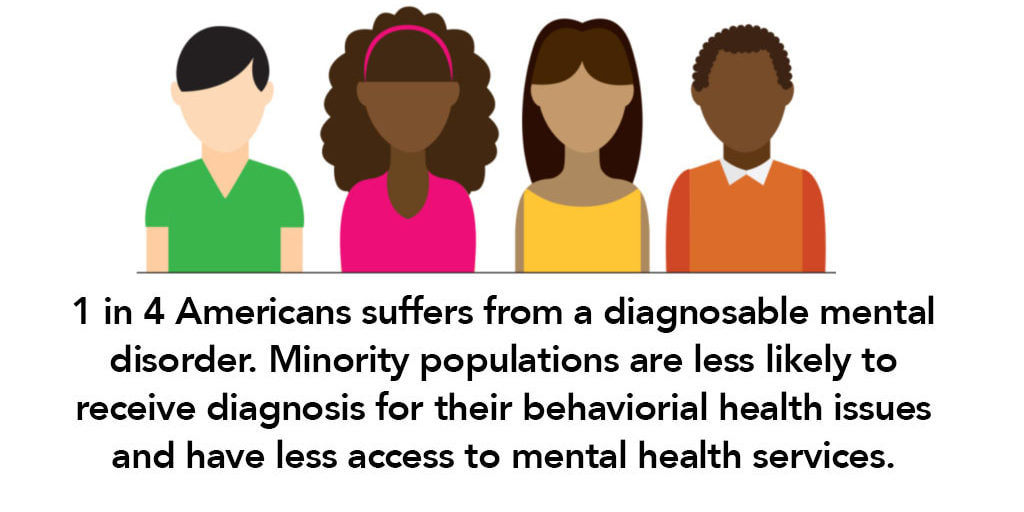

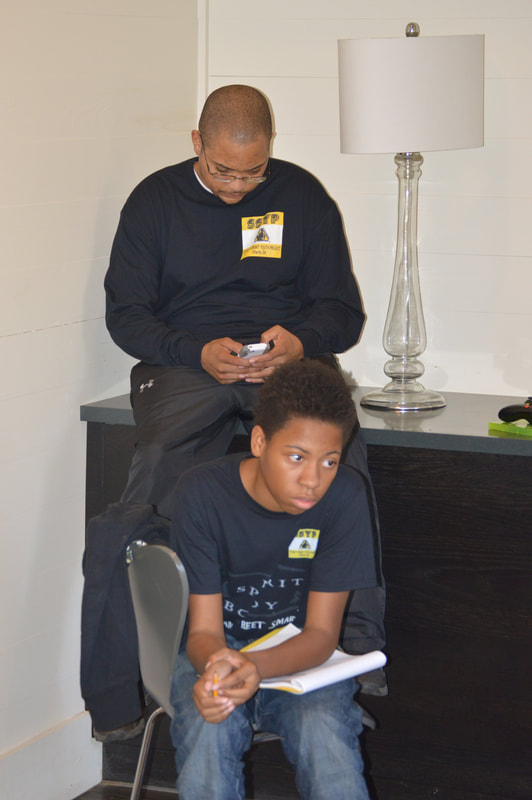

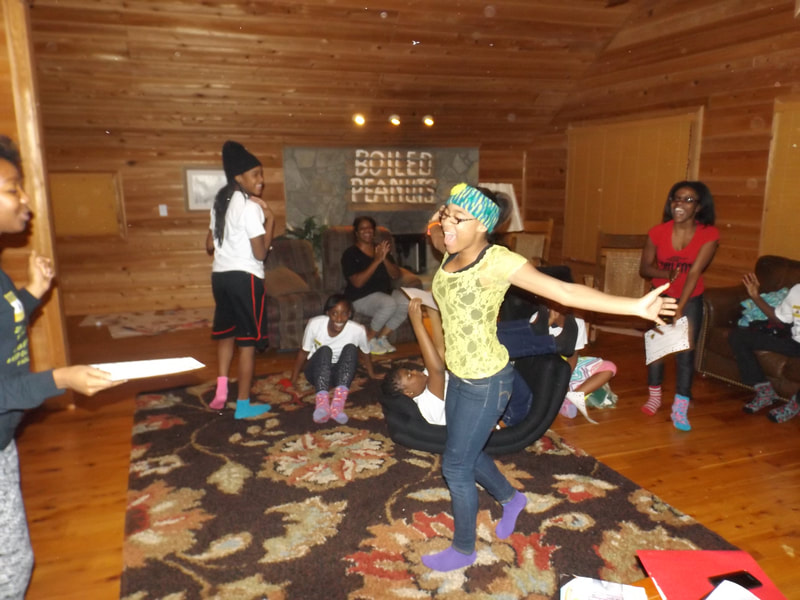




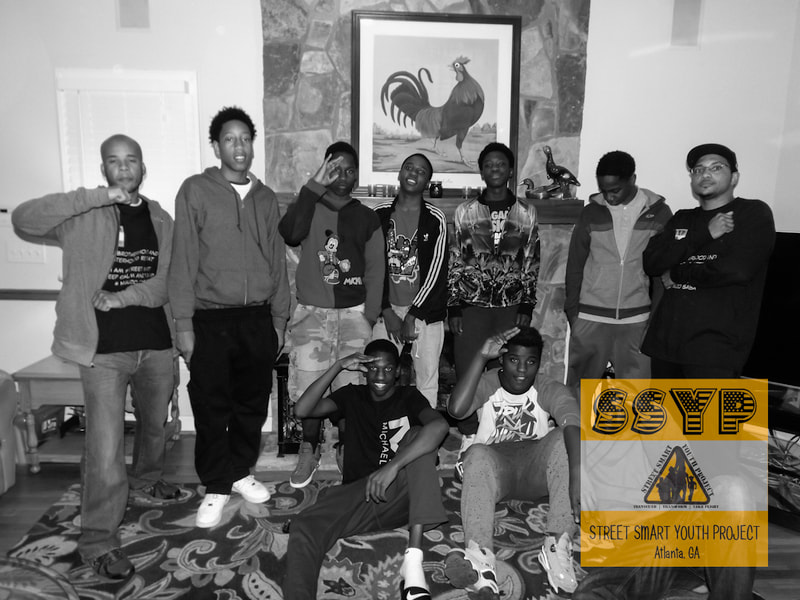
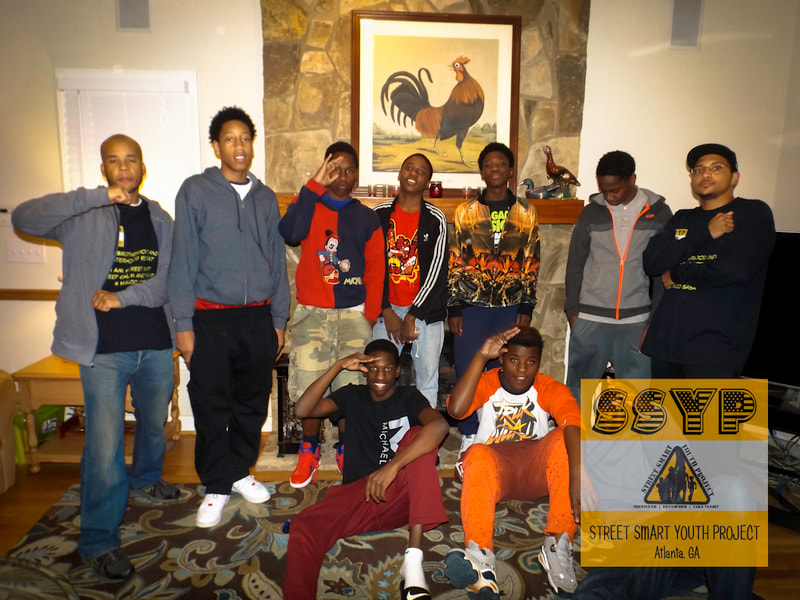
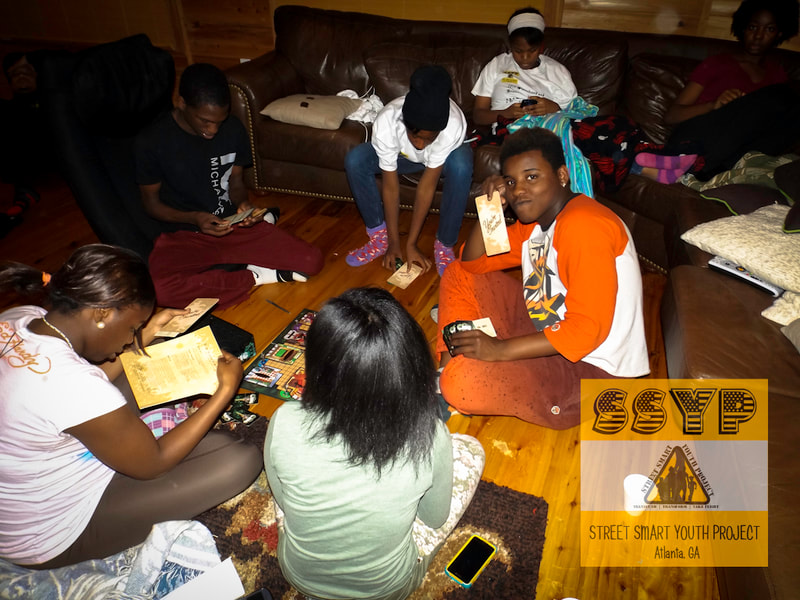

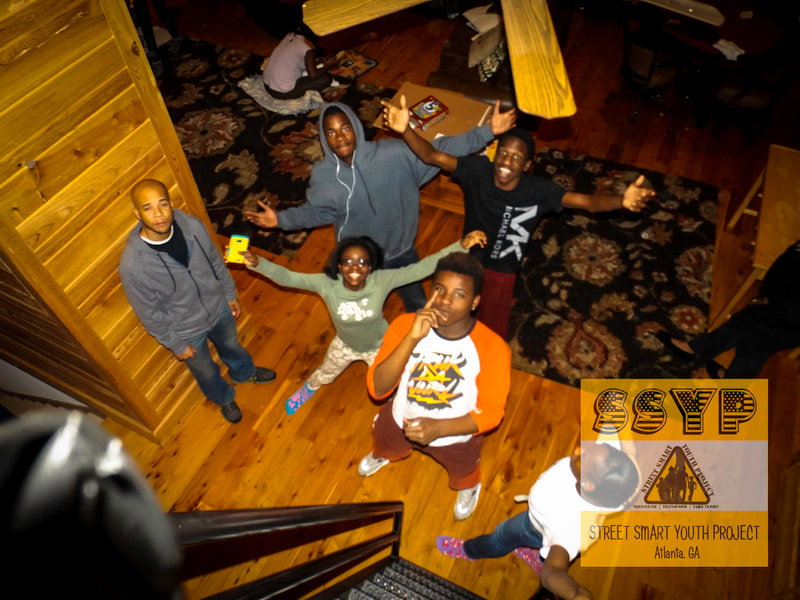




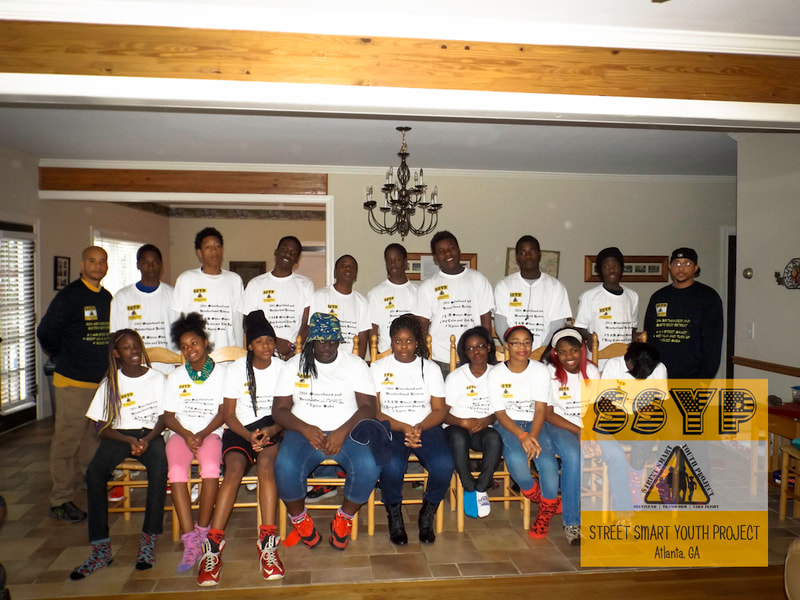

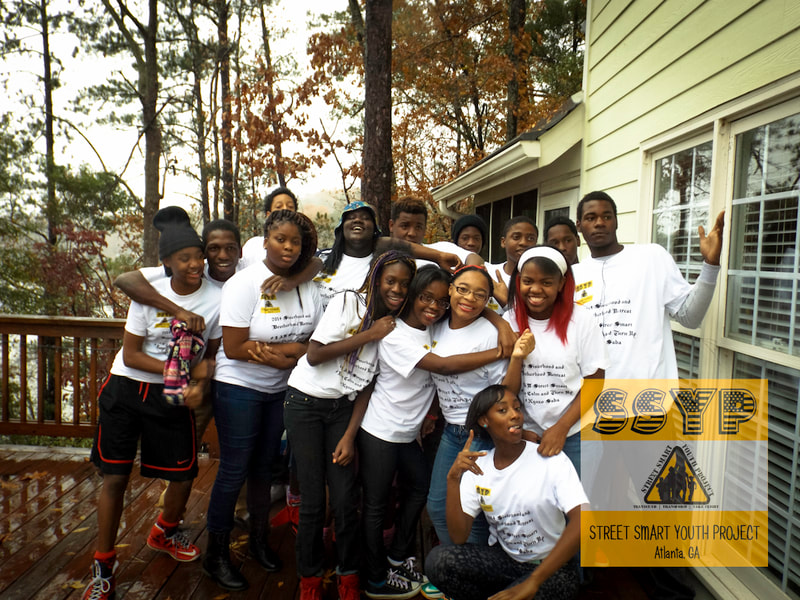



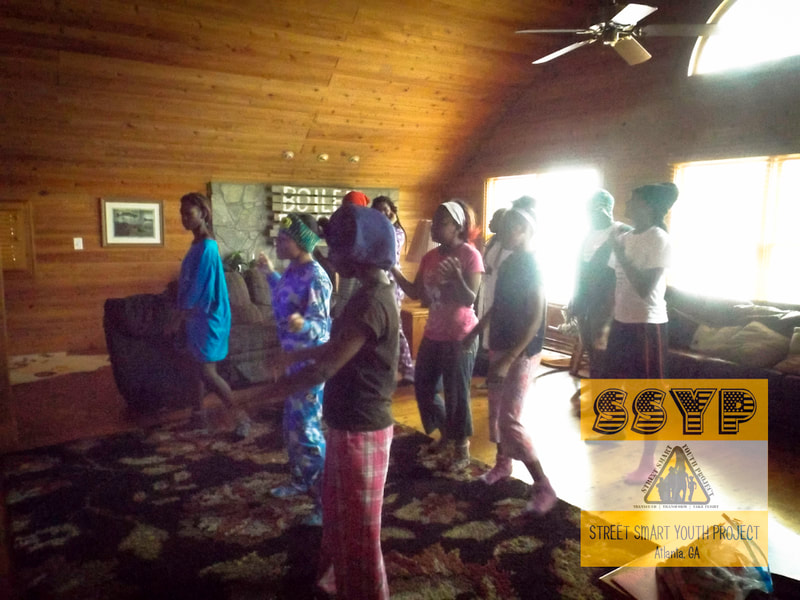





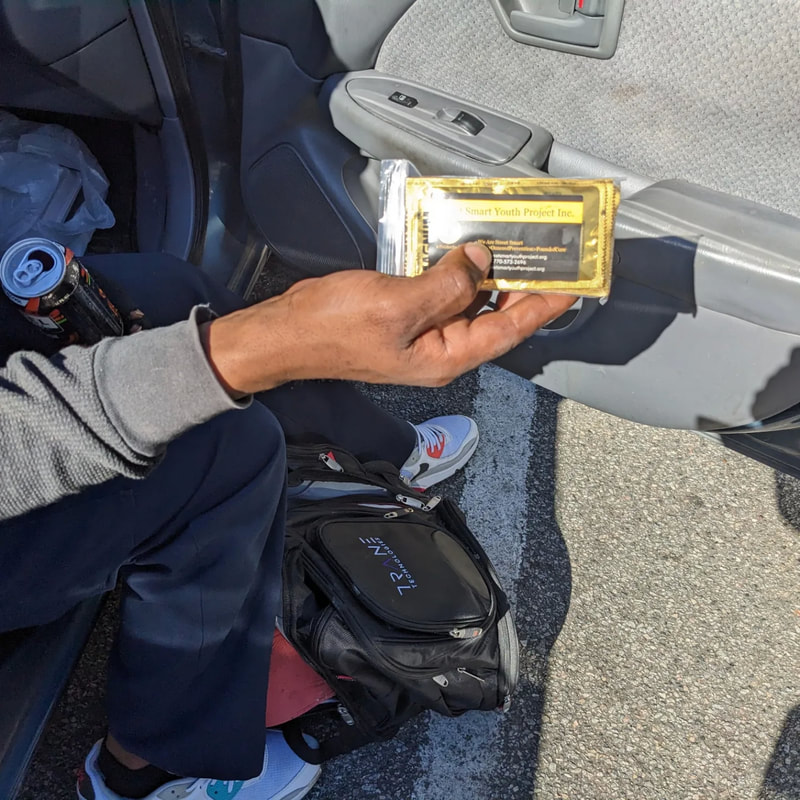

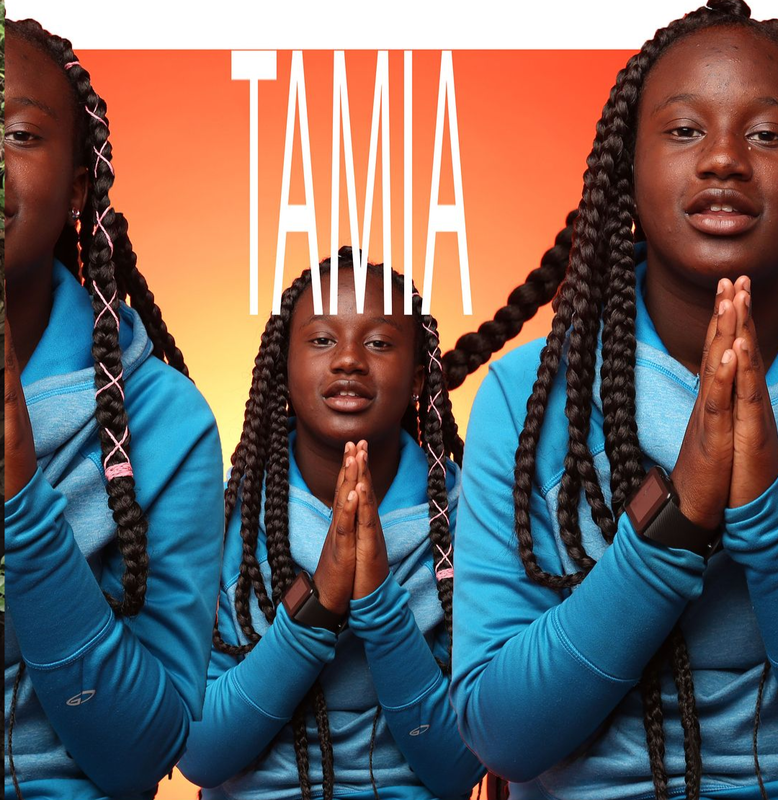
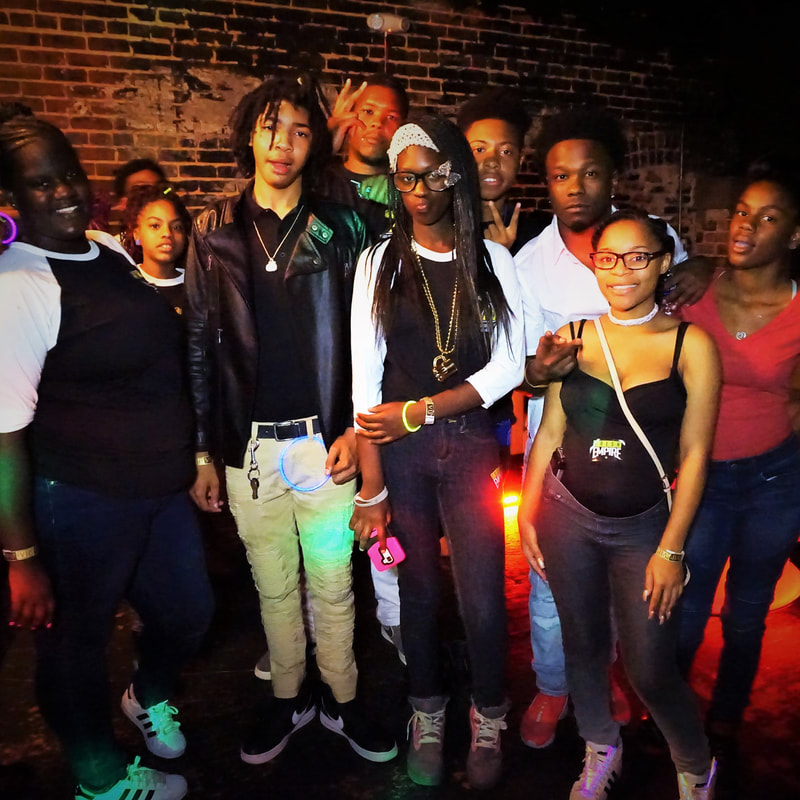

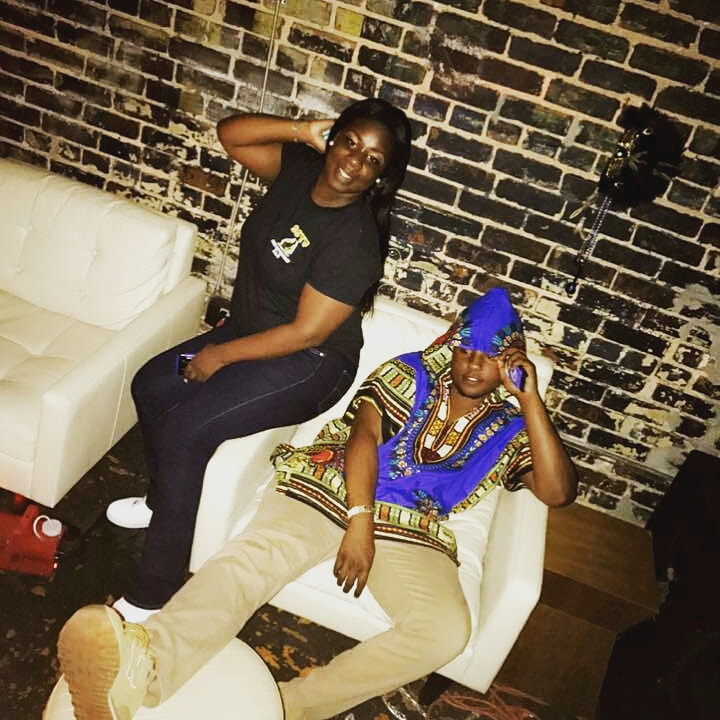
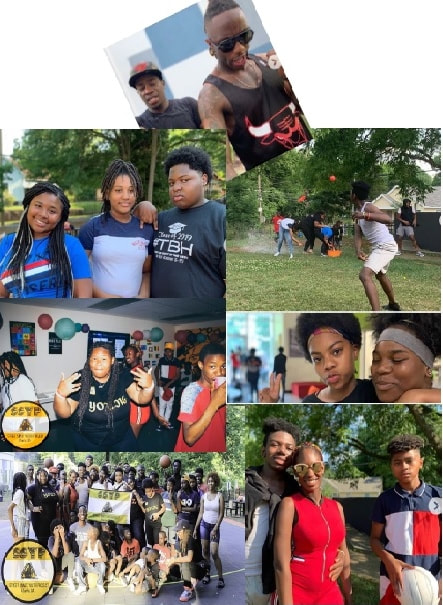
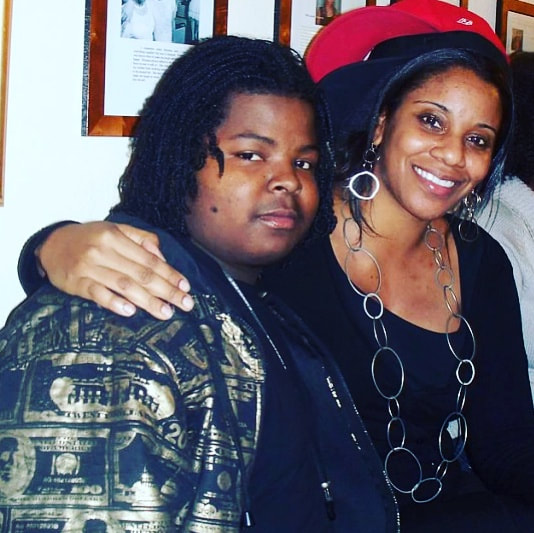
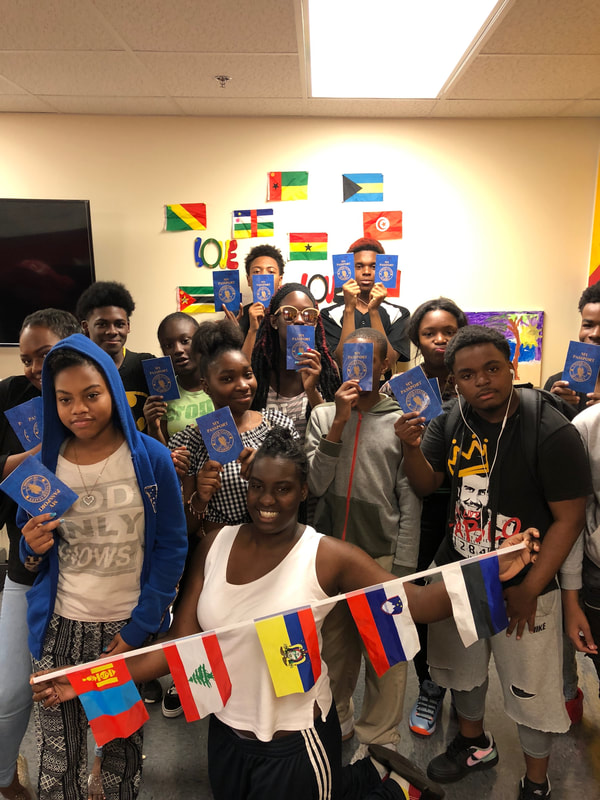
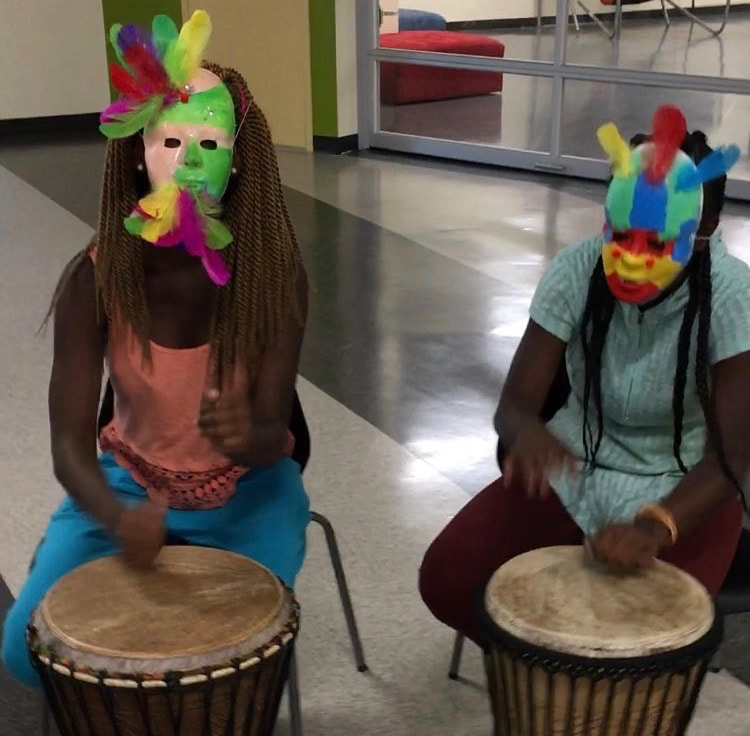
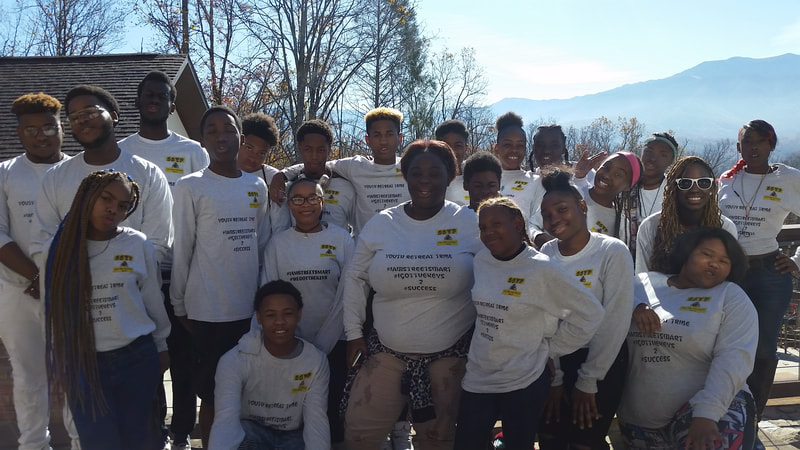




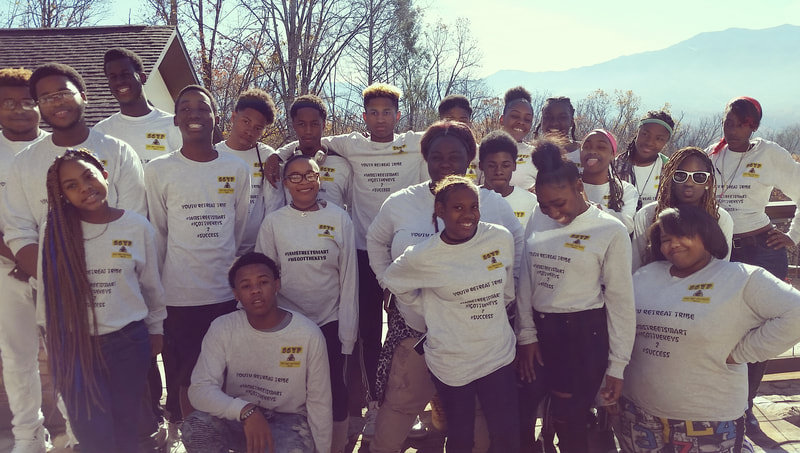
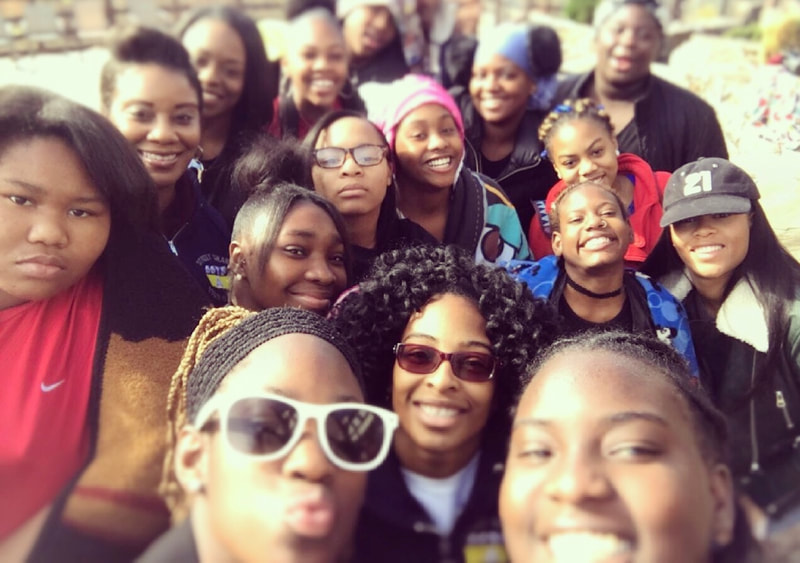
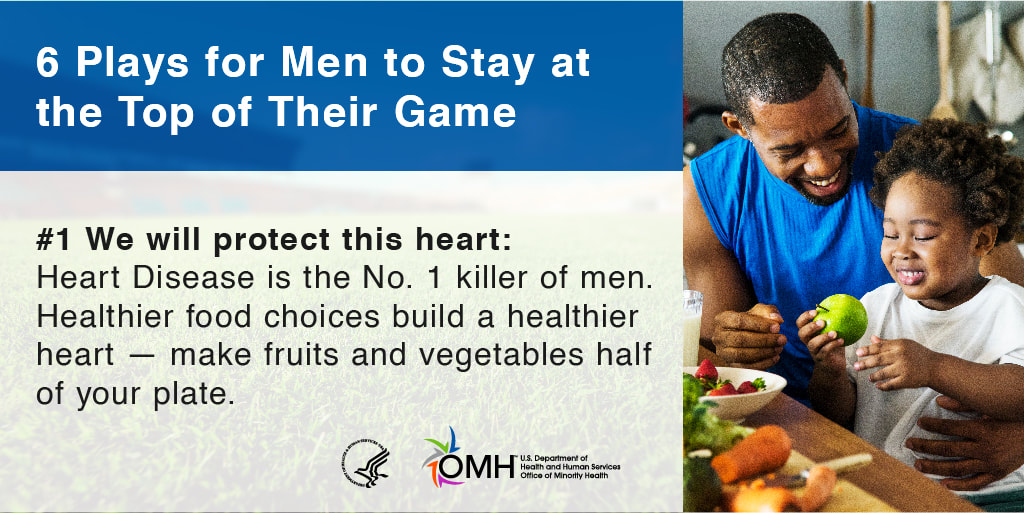
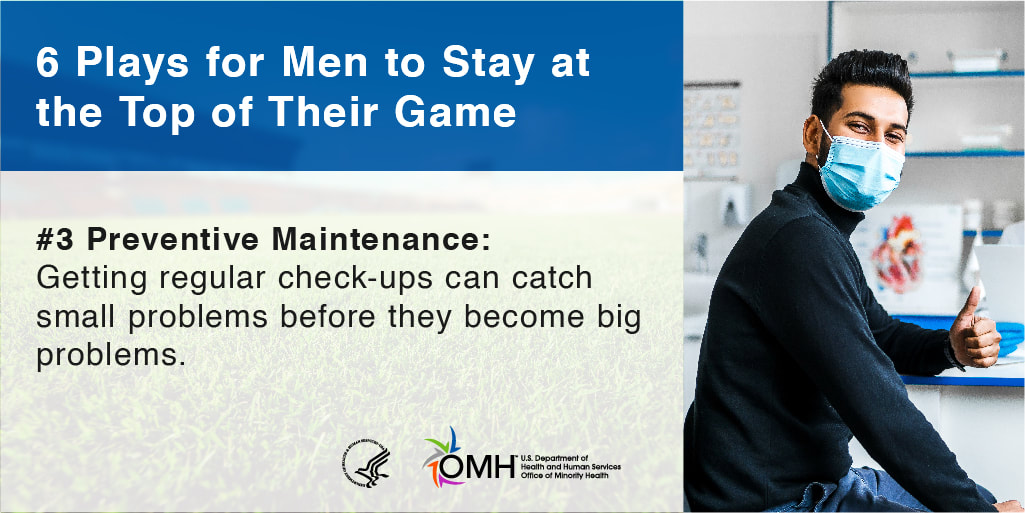
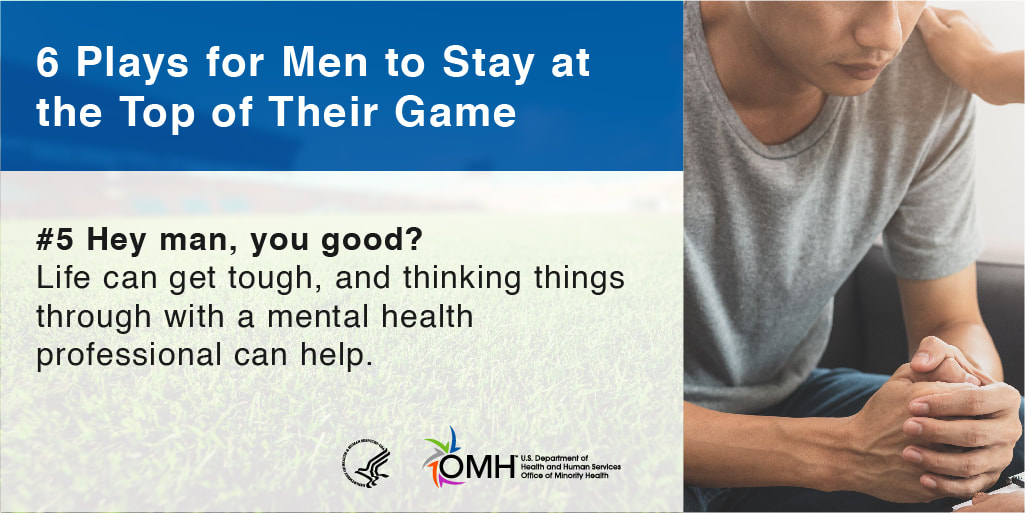
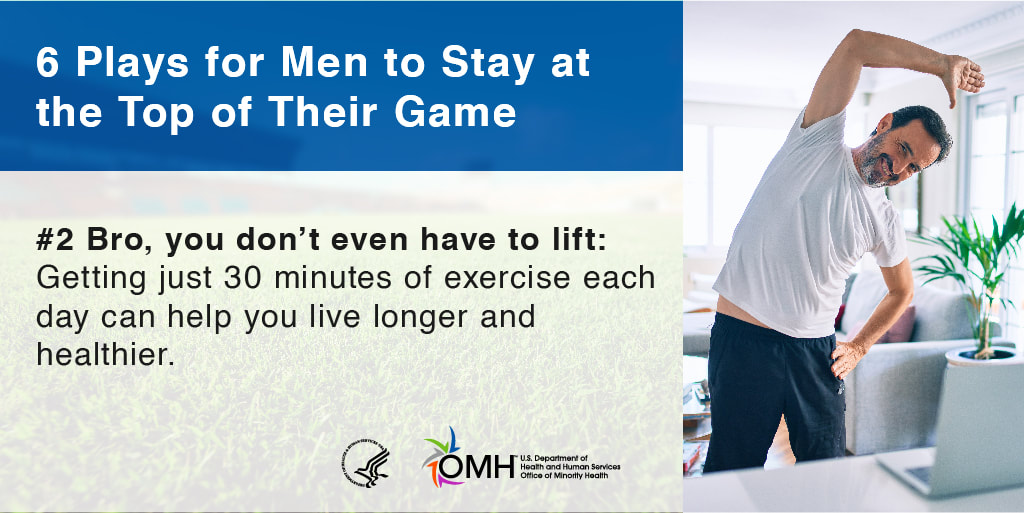
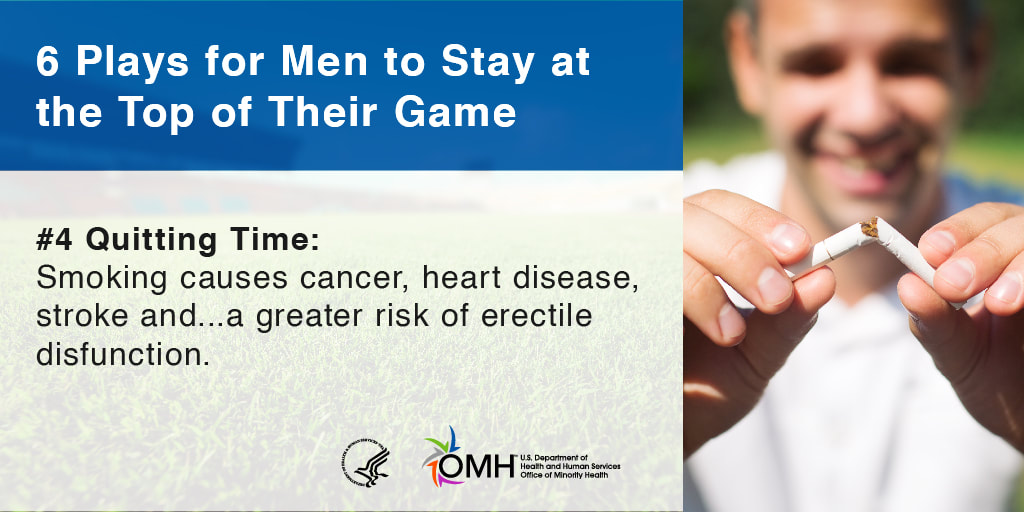
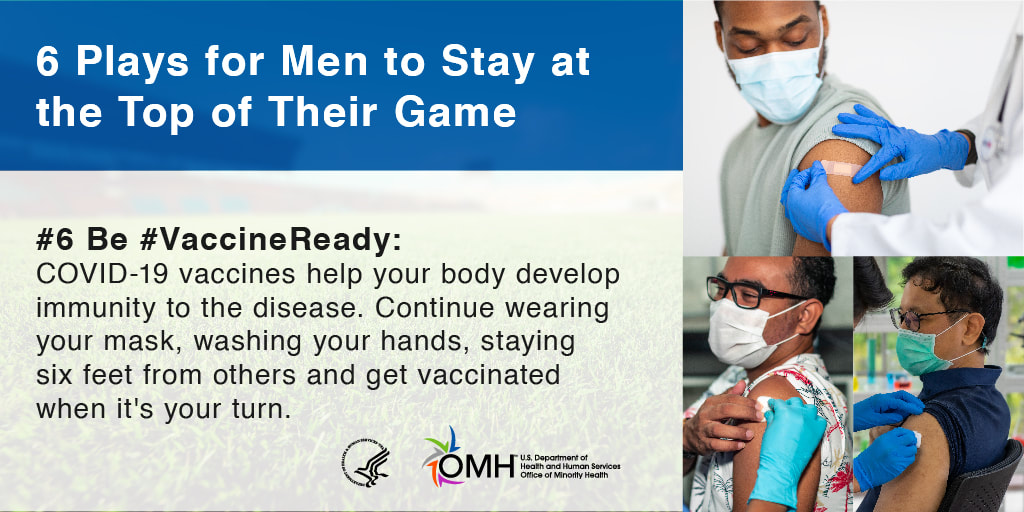
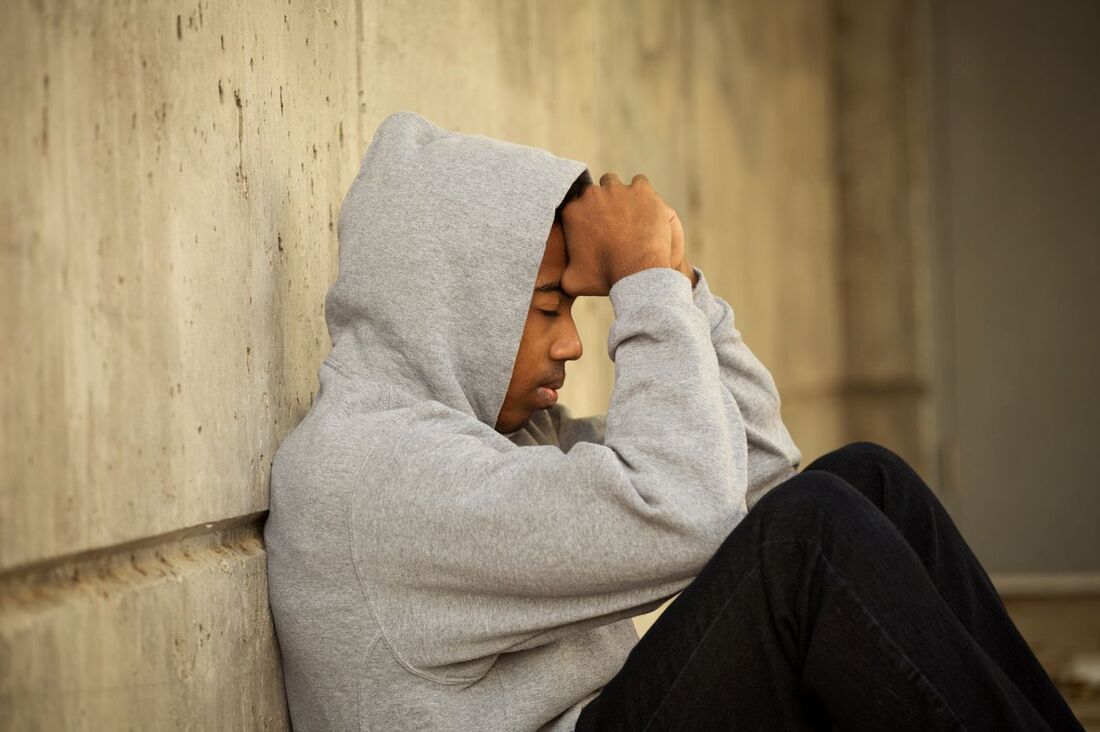
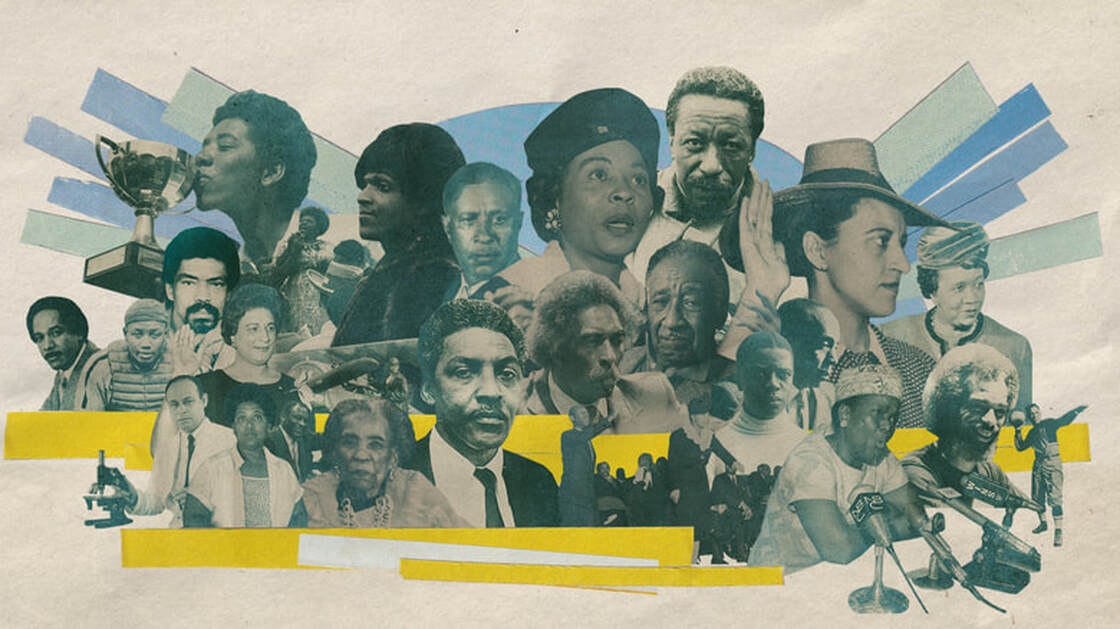
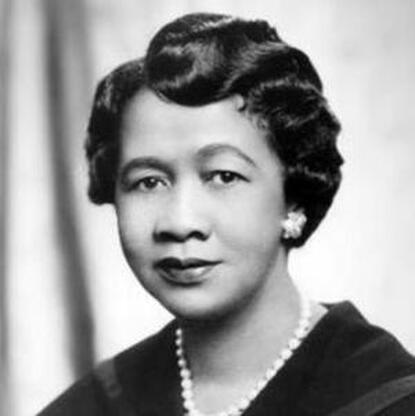
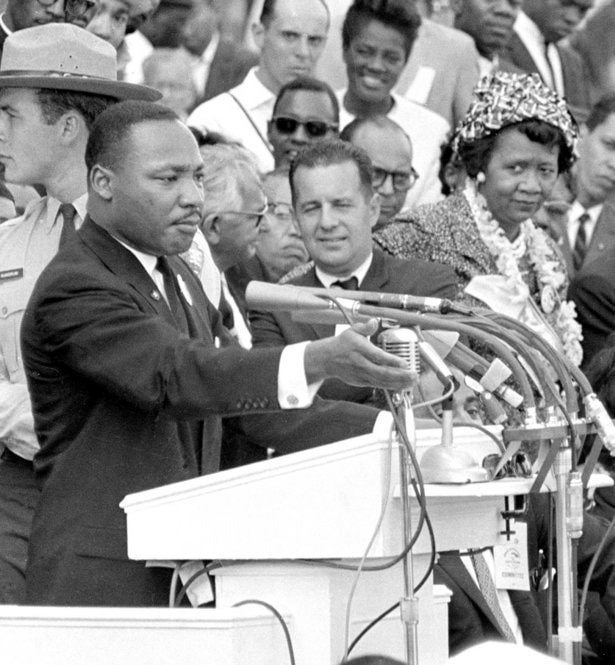
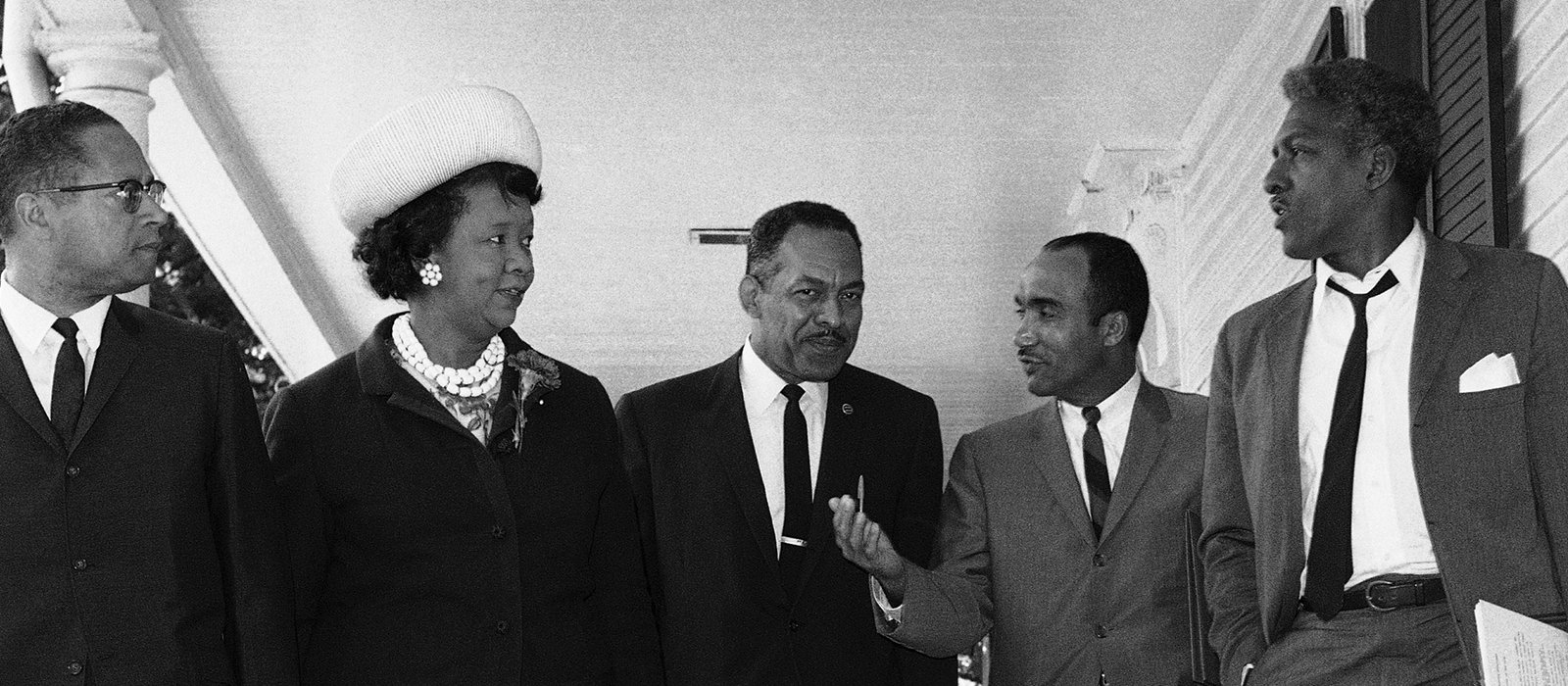
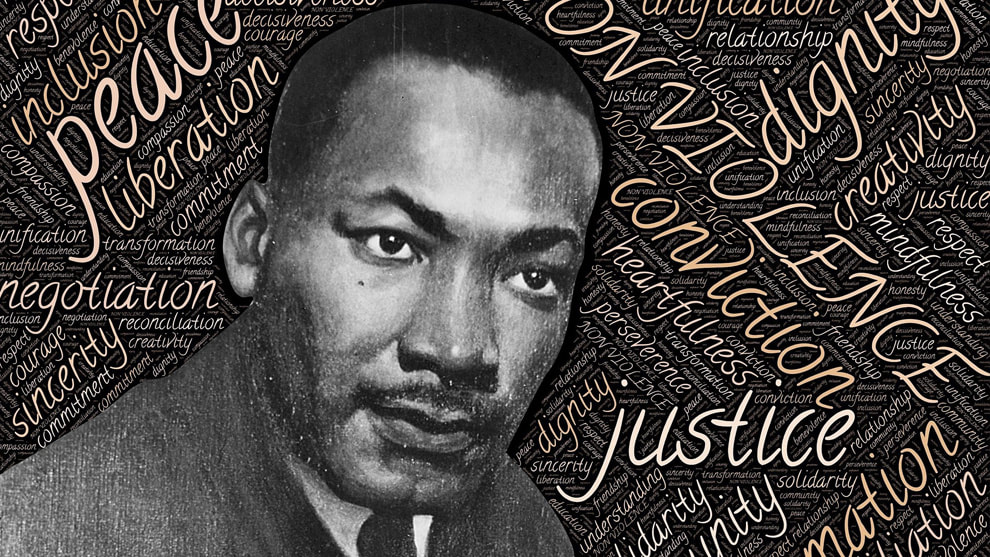
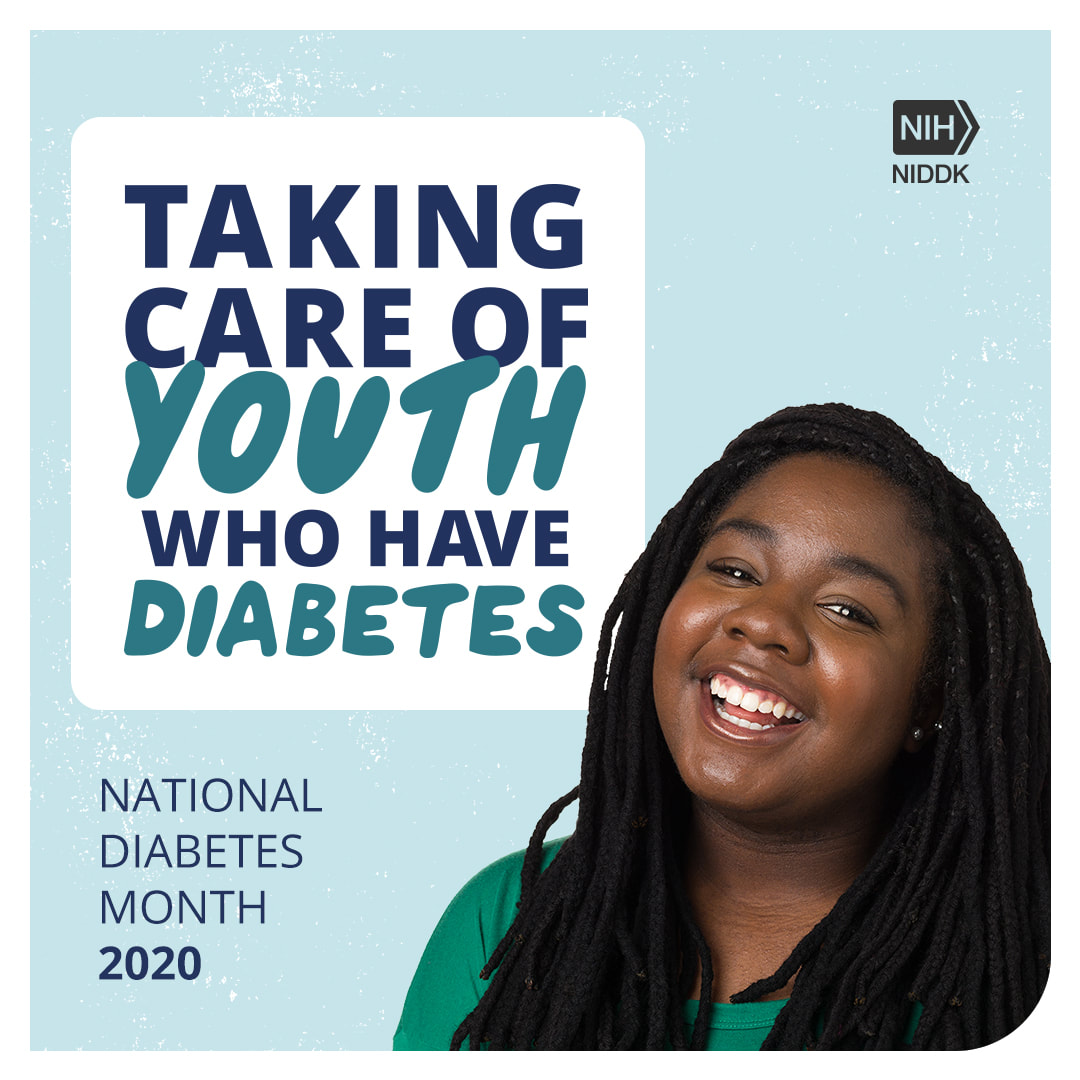

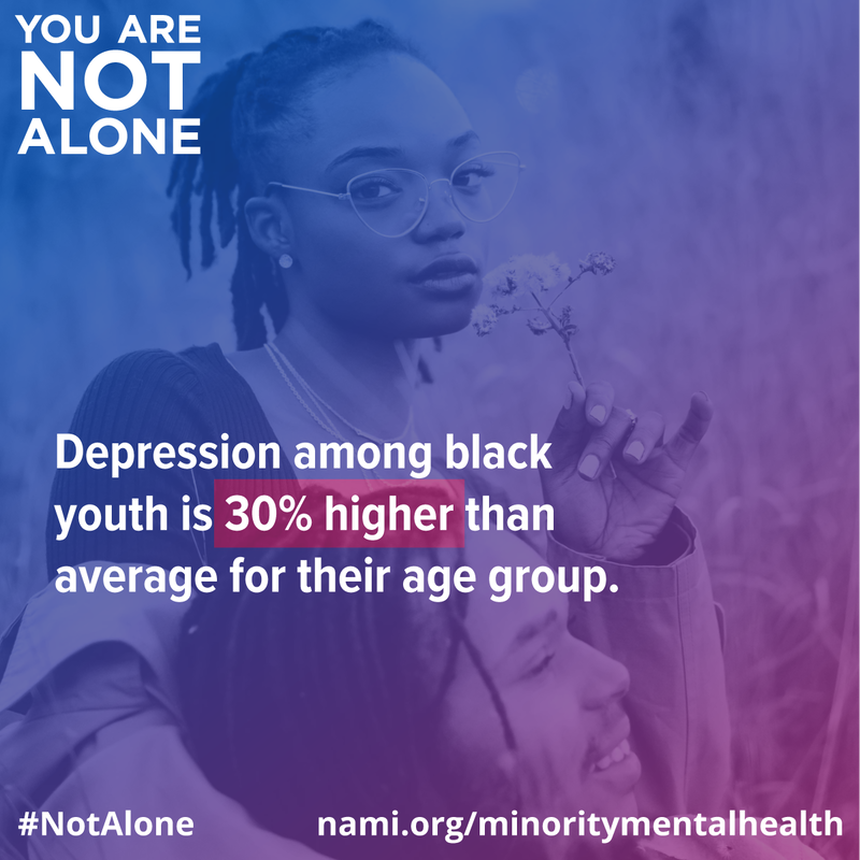
 RSS Feed
RSS Feed
